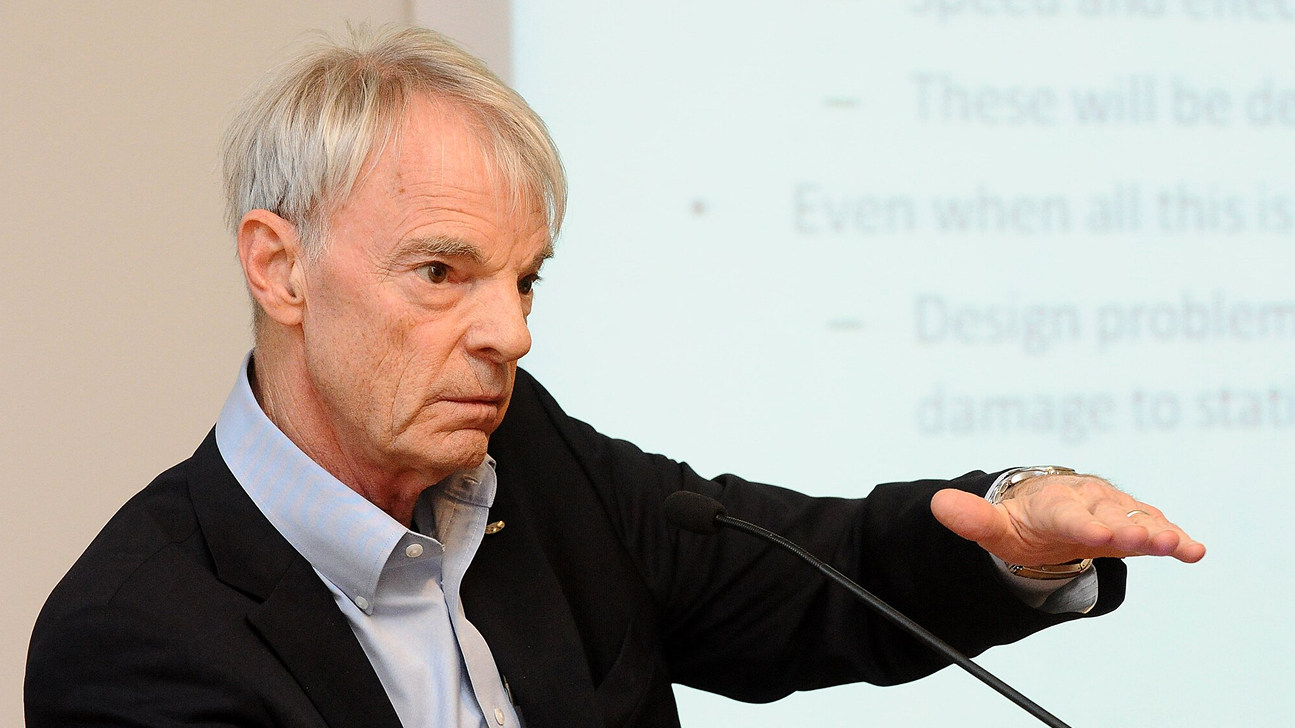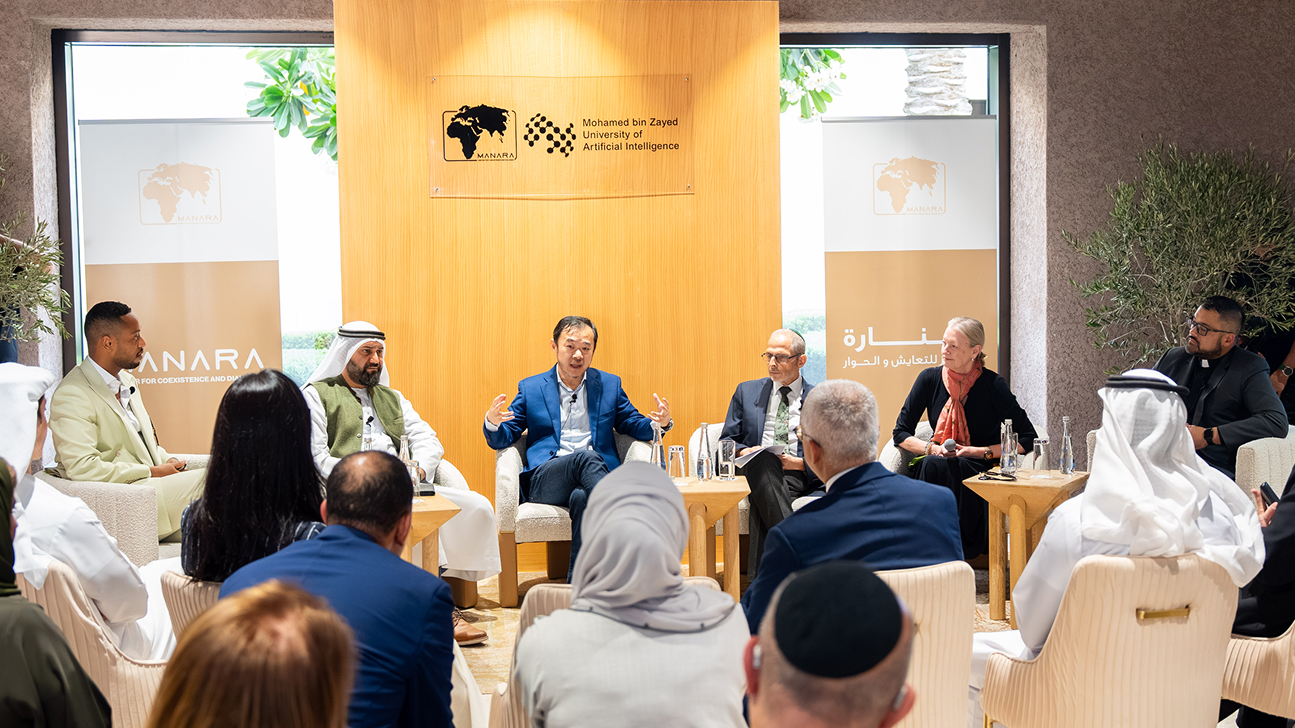Planning for Many Robots and Objects
Monday, October 03, 2022
With recent advances in Robotics and more broadly, Artificial Intelligence, it is foreseeable that robot will gradually step into every corner of our lives in the foreseeable future, addressing a variety of needs, e.g., helping with order fulfillment at large warehouses, assisting small businesses with product processing, or doing daily chores for the elderly/handicapped. Toward realizing these advances, however, robots must be able to perform planning and manipulation tasks efficiently and intelligently. In this talk, I will discuss some of our contributions in the domain of multi-robot coordination and robotic manipulation. On the topic of multi-robot coordination, I will highlight our recent theoretical/algorithmic breakthrough, Rubik Table algorithms, that enable a large number of robots to efficiently plan collision free paths in very dense settings. On the topic of robotic manipulation, we have examined a variety of long-horizon manipulation tasks including rearrangement, declutter, and object retrieval from clutter, for which we develop efficient algorithms, including both combinaltorial and data-driven ones, that compute natural and high-quality plans.
Post Talk Link: Click Here
Passcode: @F7mX.v^
Speaker/s
Jingjin Yu is an Associate Professor in the Department of Computer Science, Rutgers University at New Brunswick. He received his B.S. from the University of Science and Technology of China, and obtained his M.S. in Computer Science and Ph.D. in Electrical and Computer Engineering, both from the University of Illinois, where he briefly stayed as a postdoctoral researcher. Before joining Rutgers, he was a postdoctoral researcher at the Massachusetts Institute of Technology. He is broadly interested in the area of algorithmic robotics, focusing on issues related to optimality, complexity, and the design of efficient decision-making methods. He is a recipient of the NSF CAREER award and an Amazon Research Award.
Related
Nobel Laureate Michael Spence on how AI is redefining the global economy
Nobel Prize-winning economist Michael Spence explains how AI is reshaping the economic landscape and what is needed.....
- digital policy ,
- governance ,
- Nobel Prize ,
- guest talk ,
- guest lecture ,
- economics ,
- Economy ,
- Undergraduate ,
Understanding faith in the age of AI
MBZUAI hosted a panel discussion in collaboration with the Manara Center for Coexistence and Dialogue focused on.....
- connection ,
- discussion ,
- religion ,
- spirituality ,
- faith ,
- conversation ,
- panel ,
- Human–computer interaction ,

